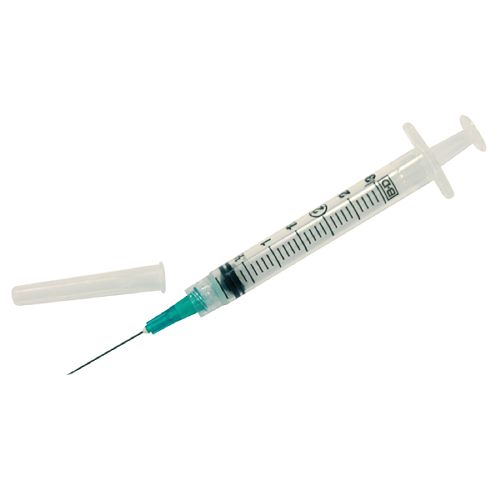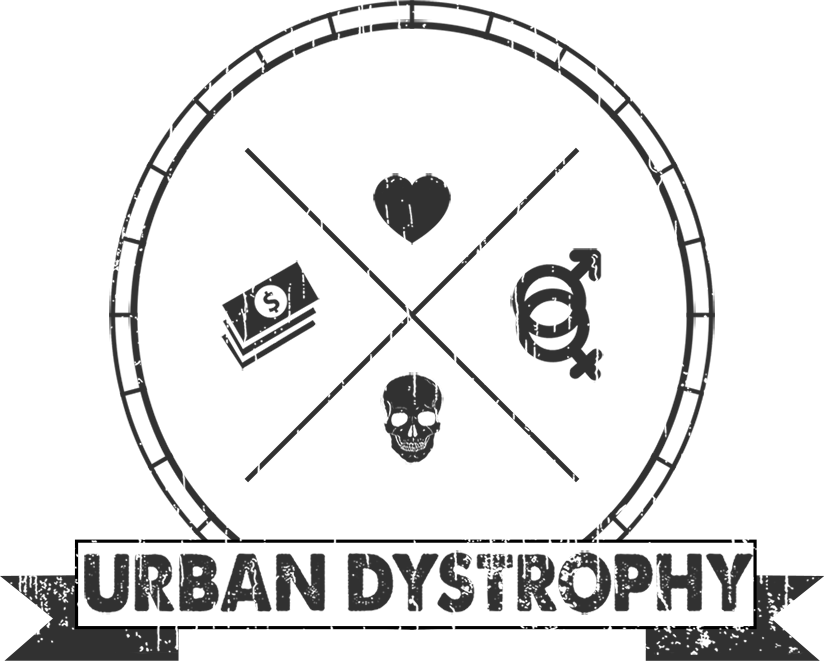 At this writing, designer syringe cases for testosterone users do not exist.
At this writing, designer syringe cases for testosterone users do not exist.
Yea, I’m shocked too given the availability and use of the drug among affluent older men, particularly the ones who don’t need it, but still can’t live without it.
Nonetheless, Baby Boomers like myself have become targets of a nationwide advertising campaign to dope us into submission.
In a way, it’s like the old Wheaties ads, but more expensive.
Get up in the morning, eat a healthy breakfast, shoot up, get on with your day! It all sounds so innocent, almost healthy.
No wonder I am literally surrounded by men my age who “supplement,” as it’s commonly referred.
Most of them use synthetic testosterone in conjunction with Human Growth hormone [HGH], while others “stack” other variants to the mix in order to maximize performance and build lean mass.
This is considered normal by many, and counting.
The objective is to bring testosterone and HGH mainstream so that no one will think twice about grabbing prescriptions every time they buy toothpaste.
It must be working because I’d hard-pressed to point out more than a handful of a single older men who workout like I do who DON’T SUPPLEMENT.
They know the risks, they can read.
“Swollen and painful breasts, blood clots in the legs, increased risk for prostate cancer, problems breathing during sleep (sleep apnea), change in the size and shape of the testicles, and a low sperm count.”
But their physicians, the antagonists in this drama, downplay the side-effects in order to keep prescriptions filled.
“Oh, just come in for a blood test every three months to check your liver and PSA levels and you’ll be fine. Who doesn’t want more energy, a better sex drive, and more lean mass?”
So a year later THEY stroke out and the doctor attributes it to over-training.
All testosterone products contain a warning label about the potential for blood clots, but nobody pays any more attention to it than they do warning labels on Bayer aspirin.
So now your doctor is off the hook and your legal war is with the drug cartels and insurance giants who can buy and sell you thousands of times, bleeding you so white with attorney’s fees you throw your hands up and surrender.
The only people who can win this war are the ones keeping it going: Users.
Stop using and they go away.
Otherwise, expect the process of demand and supply to run on all cylinders.
According to an article published in Scientific American, nearly 3 percent of American men aged 40 and older are thought to have received testosterone scripts in 2011 — three times the percentage in 2001. (If confirmed, the 2011 ratio could mean that perhaps two million older men in the U.S. have been given prescriptions for testosterone.)
In 2014, the numbers are probably twice that.
Here’s the article:
http://www.scientificamerican.com/article/increasing-testosterone-use-raises-safety-concerns/
As an older man who is literally inundated with chatter about “Low T,” I can attest to its allure.
More energy on less sleep, and a body from hell at age 60.
I dunno, it kinda sells itself.
One reader responded to this article with a familiar refrain:
“The problem is that the criteria doesn’t know what my testosterone levels should be for my age. The average testosterone levels are established for men between the ages of 18 and 80. I am not 18 nor 80 but one specific age. But the data show nothing about these numbers.”
As everyone in this game knows, the key to deciding whether or not to start a testosterone regimen comes down to the numbers.
In other words, what should my numbers be for someone my age?
This, my friends, is at the very crux of the controversy.
If the prescribing physician raises the baseline for what we’re told the Tes levels of a 60-year-old man should be, then we damn well need more testosterone.
This well written Atlantic Magazine article below covers this controversy in more detail:
SUMMARY
I’m not a member of the testosterone club.
I have to sleep 8 hours a night, cycle my workouts for maximum recovery, spend no more than 1 hour a day at the gym [rather than 6], and eat pretty much perfectly – no trash foods ever.
This is the price I pay for being my age.
My testosterone levels are well within the normal range, not the range of a 19-year-old.
I have to make peace with that.
I can only do what my body allows at this age and under optimum lifestyle choices.
The rest is up to nature.
If I choose to visit one of the well-known physicians here in Houston who write millions in testosterone and HGH prescriptions every year, I am sure to walk out with a full bag of goodies to remedy my “flagging health.”
Note: I currently hold the Texas State record for the RAW deadlift, within my weight and age division, through he USAPL, which strictly forbids the use of steroids.
POSTSCRIPT
There are a few men who have what is referred to as hypogonadism where the body doesn’t produce enough testosterone.
The condition is rare, but it does occur, and in such case testosterone supplementation becomes necessary in order for a man to live a full, healthy life.
I also know bodybuilders who simply cannot achieve the mass necessary to win contests without dramatically increasing testosterone levels.
It’s just part of that sport, but also a source of unbelievable acrimony from users in denial about the risks.
If you don’t believe me, go on any bodybuilding site and mention health risks associated with testosterone supplementation and you’ll end up closing your account until the vitriol calms down.
In the end, no junkie in his right mind wants to be told that crack cocaine is bad for his health anymore than an exercise addict wants to hear about the downsides of anorexia.


